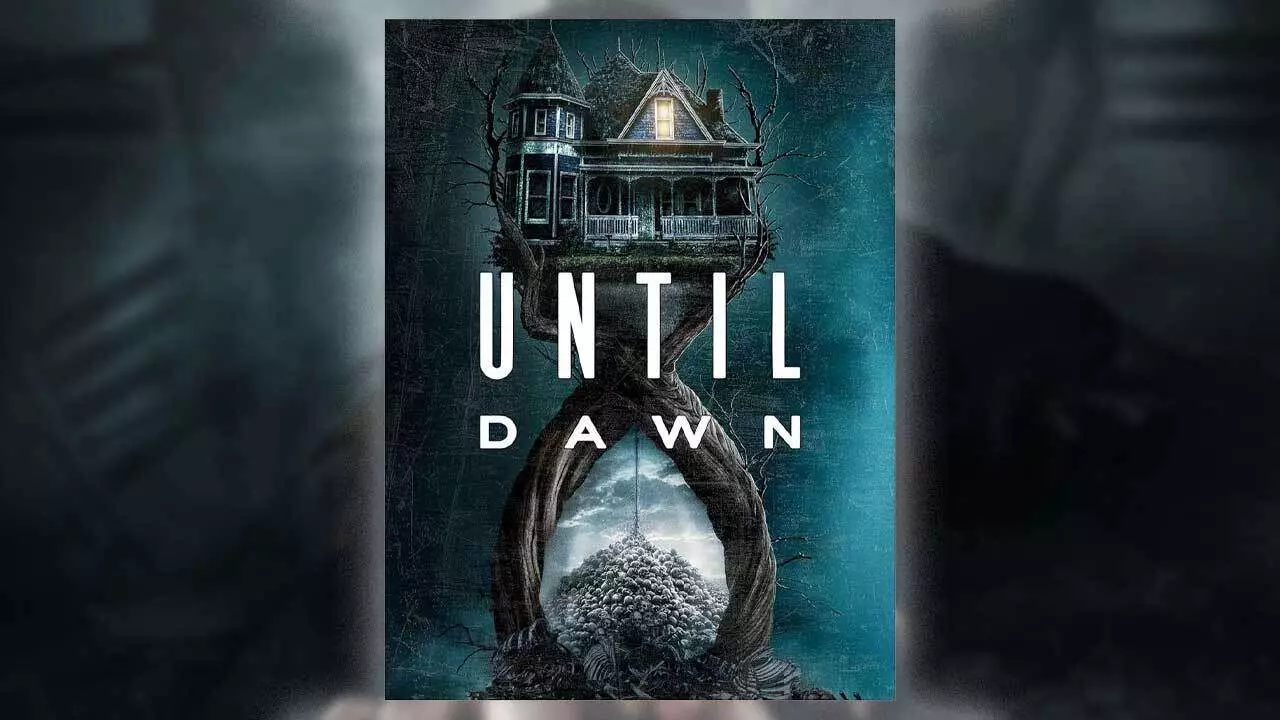Video game adaptations into film have always sparked debates among fans and critics alike. Some succeed in translating the elaborate universes of the gaming world to the big screen, while others miss the mark completely. One recent standout that has captured attention for its inventive approach is *Until Dawn*. Unlike many of its predecessors, *Until Dawn* breaks the mold of traditional adaptations by immersing viewers in a horror experience that leverages the interactive elements that made the game so beloved.
What’s intriguing is how *Until Dawn* manages to incorporate its gameplay mechanics into the narrative structure of the film. By making choices fundamental to the character’s fates, it connects with an audience accustomed to impactful decisions in gaming. While the film succeeded in being entertaining, the critique that hovers is whether it could resonate with a broader audience that might not be familiar with the nuances of interactive storytelling that video games offer.
Available Now: The Options for Viewing
For those who haven’t yet experienced this spine-chilling tale, *Until Dawn* is currently available for digital rental or purchase on platforms like Prime Video, with prices ranging between $20 and $25. Just the thought of huddling on a couch with friends, popcorn in hand, ready to scream at the screen can evoke a sense of nostalgia for traditional horror movie nights.
Physical media enthusiasts also have options. With preorders now available for the 4K Blu-ray combo pack—a prospect that promises a visual feast with native 4K resolution and immersive Dolby Atmos audio—viewers are left to weigh the value of streaming against owning a polished copy. This Blu-ray is not just a simple release; it reflects the ongoing trend of delivering high-quality home entertainment, showcasing Blu-ray as a collector’s item while also promising a cinematic experience.
Value-Added Features and Expanded Stories
What makes this release particularly appealing are the special features that accompany it. Films that delve deeply into their creation often provide added value, and *Until Dawn* is no exception. The behind-the-scenes content, such as insights from director David F. Sandberg and writer Gary Dauberman discussing their creative inspirations, invites audiences to appreciate the film on a deeper level.
The film’s cast also holds significant interest, as a diverse group of actors presents varied performances, further enhancing the narrative’s richness. For those who crave additional context, the audio commentary from the creative minds behind the project offers a treasure trove of insights that can bridge the gap for fans transitioning from game to film.
The Cinematic Universe of PlayStation Productions
*Until Dawn* is a notable entry for PlayStation Productions, adding to its growing repertoire alongside adaptations of franchises like *Uncharted* and *Gran Turismo*. The development of cinematic narratives based on video games is not merely a trend; it reflects the profound cultural impact these games have had over the years. Each adaptation taps into the existing lore while striving to connect with both gamers and non-gamers alike, an ambition that is particularly challenging yet essential.
Fans are particularly eager about upcoming projects from PlayStation Productions, which are teeming with potential. Titles such as *Horizon Zero Dawn* and *Ghost of Tsushima* promise to extend narratives that can leverage intricate storytelling and expansive worlds, ensuring that the essence of the games remains intact when adapted for film or television.
Embracing Diverse Media and Engaging Narratives
The cultural shift towards blending high-quality cinematic experiences with gaming narratives is paving the way for richer storytelling. The allure of *Until Dawn*, alongside its compelling take on horror, reflects a society eager for fresh content. The film’s ability to resonate, even amid mixed reviews, underscores the hunger for innovation in how stories are told through various media.
Additionally, other adaptations across the landscape of video games, such as the *Final Fantasy VII: Advent Children*, also display how diverse formats can offer viewers an opportunity to engage with characters and stories in unique ways. The growing satisfaction with such adaptations may lead to an increase in funding and support for future projects that dare to push the boundaries of storytelling.
With the blending of cinematic and gaming experiences becoming commonplace, one can only hope that the success of films like *Until Dawn* will open the door to an even greater variety of adaptations, promising a future where video games are recognized not just as entertainment but as valid sources of rich, cinematic storytelling.


Leave a Reply